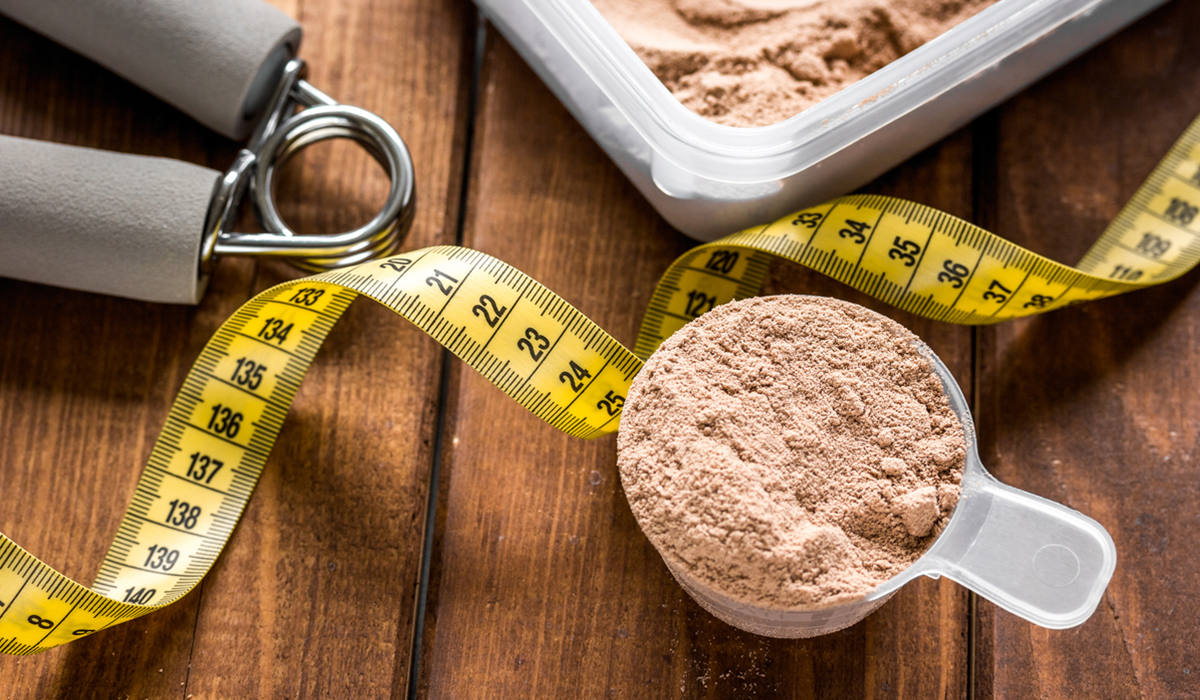10 foods to keep your hunger at bay
Emma White - Nutritionist | 16 Jan, 2025
When it comes to keeping hunger at bay, protein and fibre are your two best friends! Opting for snacks and meals rich in one or both of these nutrients will help to keep you feeling satisfied for longer.
Here are the top 10 choices for fibre-rich and protein-rich foods to include in your diet.

1Wholegrains
Wholegrains such as oats, wholemeal bread, wholewheat pasta, wholegrain rice, quinoa, wholewheat cous cous and popcorn are all rich in fibre. This is because they are made up using the 'whole' of the 'grain' - which keeps in tact the fibrous outer layer. Unlike refined carbohydrates which strip out the high-fibre outer layer of the grain. Fibre is digested slowly by our body, which means foods rich in it can keep us feeling fuller for longer. In fact, not all types of fibre are digested by the body, the benefit of this being they add bulk to our diet and help food to pass through the gut – which is why fibre is know for its 'keeping you regular' benefits.

2Pulses
Pulses such as beans, lentils and peas are a fantastic source of both fibre and protein. They're a great choice for anyone who doesn't eat meat, fish or dairy, as they're a rich source of plant-based protein. The combination of protein and fibre in pulses makes them a super fuel in terms of filling us up.

3Fruits
Fruits are a great source of fibre in our diet – particularly high-fibre choices such as strawberries, bananas and pears. As well as fibre, lots of fruit has a high water content too, so it can add bulk to our diet without adding many calories. Bulk and fibre equals filling.

4Vegetables
Much like fruits, vegetables are also a fantastic source of fibre in our diet – as well as having a high water content too. There are several reasons why we're encouraged to aim for at least five portions of fruit and veg each day, and fibre is one of them. Did you know that if you keep the skin and peel on potatoes and carrots, you get even more fibre out of your vegetables too.

5Nuts & seeds
Nuts and seeds like almonds and sunflower seeds are rich in protein and fibre, making them a great snack choice for filling you up between meals. Choose unsalted, plain versions to avoid adding too much excess salt and saturated fat to your snack.

6Meat
Meats like beef and chicken are some of the best sources of protein available. In fact chicken's makeup is over 90% protein, making it a great choice to fill you up. Include it with high-fibre wholegrains for ultimate satiety.

7Fish
Fish is another fantastic source of protein. Choose lean white fish such as haddock for a low-fat protein hit, or go for oily fish such as salmon and mackerel for protein as well as healthy unsaturated fats.

8Eggs
Whether you like yours scrambled, fried, poached or hard boiled, eggs are a great protein source. The yolk of an egg is where most of the fat and calories come from, so if you’re looking for a lean source of protein to fill yourself up on minimal calories, then an egg white omelette is the way to go. Egg whites are essentially pure protein.

9Dairy
Milk, cheese and yogurt are all high-protein foods which are great choices for anyone who prefers not to eat meat or fish. Including these in your snacks or meals will help with feelings of fullness, and staying full for longer. Opt for low-fat versions to avoid too much saturated fat, and in the case of yogurt especially, opt for plain or ones with no-added sugars.

10Protein powders
What's in a name? Protein powders are, no surprise, an easily accessible source of protein. Protein shakes made with milk or water can be useful as a filling snack between meals, or as a meal replacement if you're in a rush. Alternatively, add a scoop of powder to your morning porridge for some extra protein to make sure those oats really keep you going until lunch.

Nutritionist Emma White (ANutr), MSc Human Nutrition is passionate about how food science applies to the human body, and how the nutrients in what we eat affect us and ultimately have an impact on our health.











